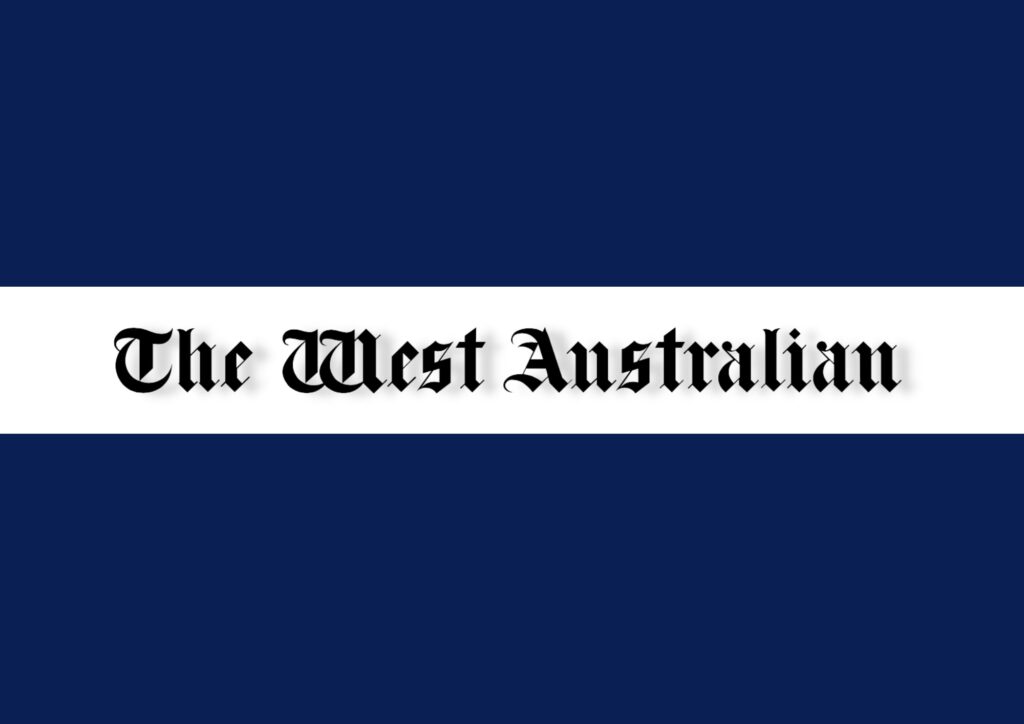
Article by Gerard Cockburn and Katina Curtis courtesy of the West Australian.

One of Australia’s biggest gas producers has accused the Albanese Government of a “Soviet-style nationalisation” of the industry after its controversial pricecontrol laws passed Parliament .
Santos boss Kevin Gallagher said every business owner in Australia should be alarmed at what the Government had done on Thursday. “If it doesn’t like your business, your profits or the prices you charge for your products and services, it will regulate you. And it will regulate you if the unions don’t like your business , your profits or the prices you charge,” Mr Gallagher told the Australian Financial Review.
“This Soviet-style policy is a form of nationalisation .” The laws, passed with the support of the Greens and key independents, introduce an immediate cap on gas prices at $12 a gigajoule for an initial 12 months.
While the separate lower-priced WA market is carved out of this arrangement , it is subject to a new permanent mandatory code of conduct requiring all gas companies to negotiate future wholesale deals at “reasonable” prices.
At the last moment the Government ditched an attempt to give resources ministers powers to direct gas supply, even in the WA market.
Major players in the gas industry say the Government’s radical stance will undermine investment in new projects across the nation — unless underwritten by taxpayer guarantees — posing a threat to future gas supplies and Australia’s reputation as a reliable supplier.
“Because of its actions today, this winter or the one after, the Federal Government will have to decide between rationing gas and breaking LNG export contracts because this policy will damage Australia’s access to the capital inflows our industry needs to develop new gas supplies and that Australia will need to fund the energy transition,” Mr Gallagher said.
“The Greens like this because they see it as the beginning of the end for gas. “However, we should be wary because anywhere else in the world where gas supply has been cut, it has resulted in dirtier fuels being burned and higher emissions.”
The Australian Petroleum Production & Exploration Association said the government intervention was a warning to all businesses that the Labor Government would step in and regulate without notice.
The Australian Chamber of Commerce and Industry warned that “short-term ‘fixes’ by governments have created larger second-round problems”.
Treasurer Jim Chalmers brushed off the backlash, saying: “We reject the fib that a functional and fair gas market must also mean the hollowing out of our manufacturing industry, or the destruction of jobs, or the sacrifice of living standards.”
The PM described the price cap and mandatory code as “a combination of immediate action but also future reform”.